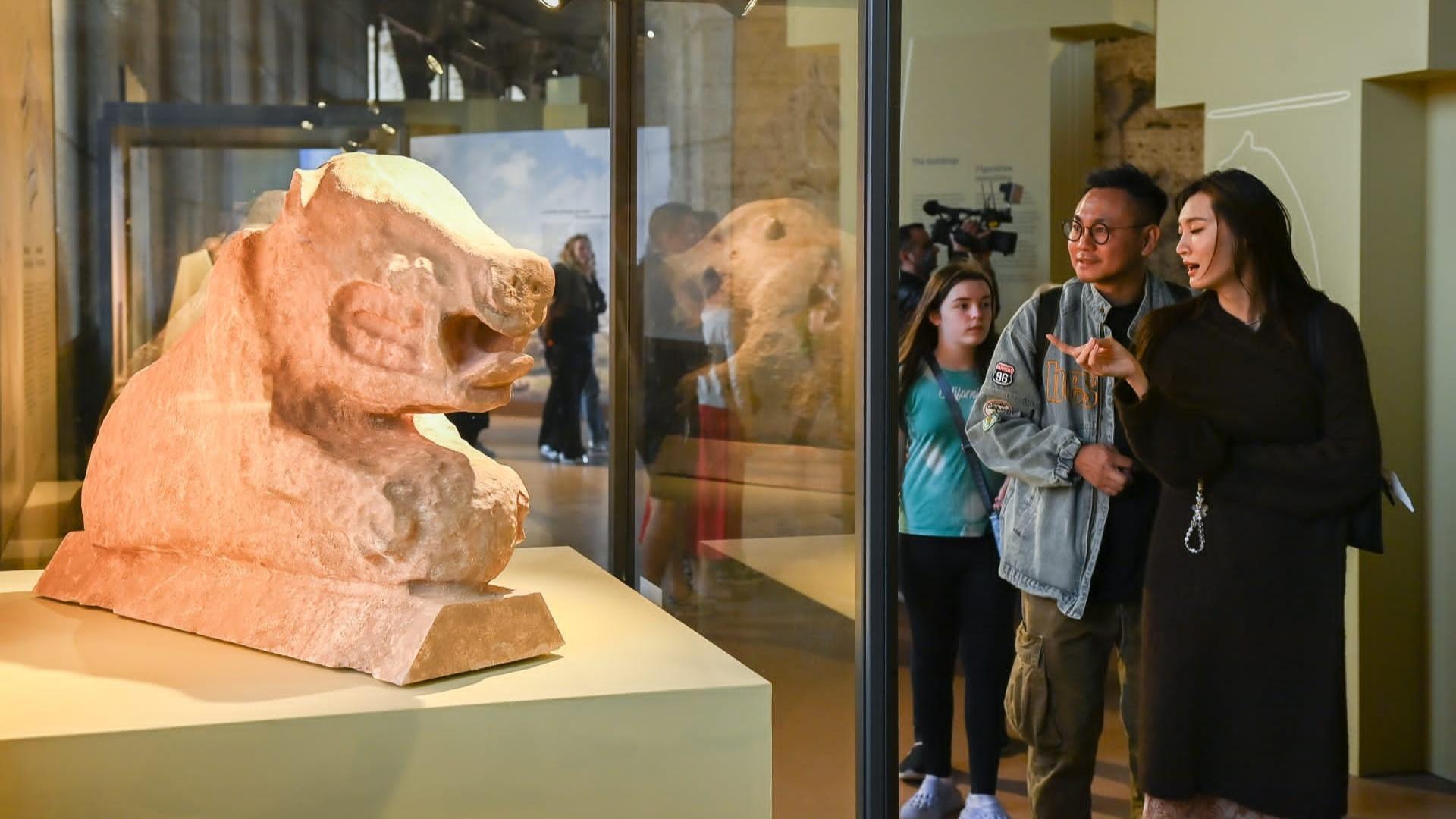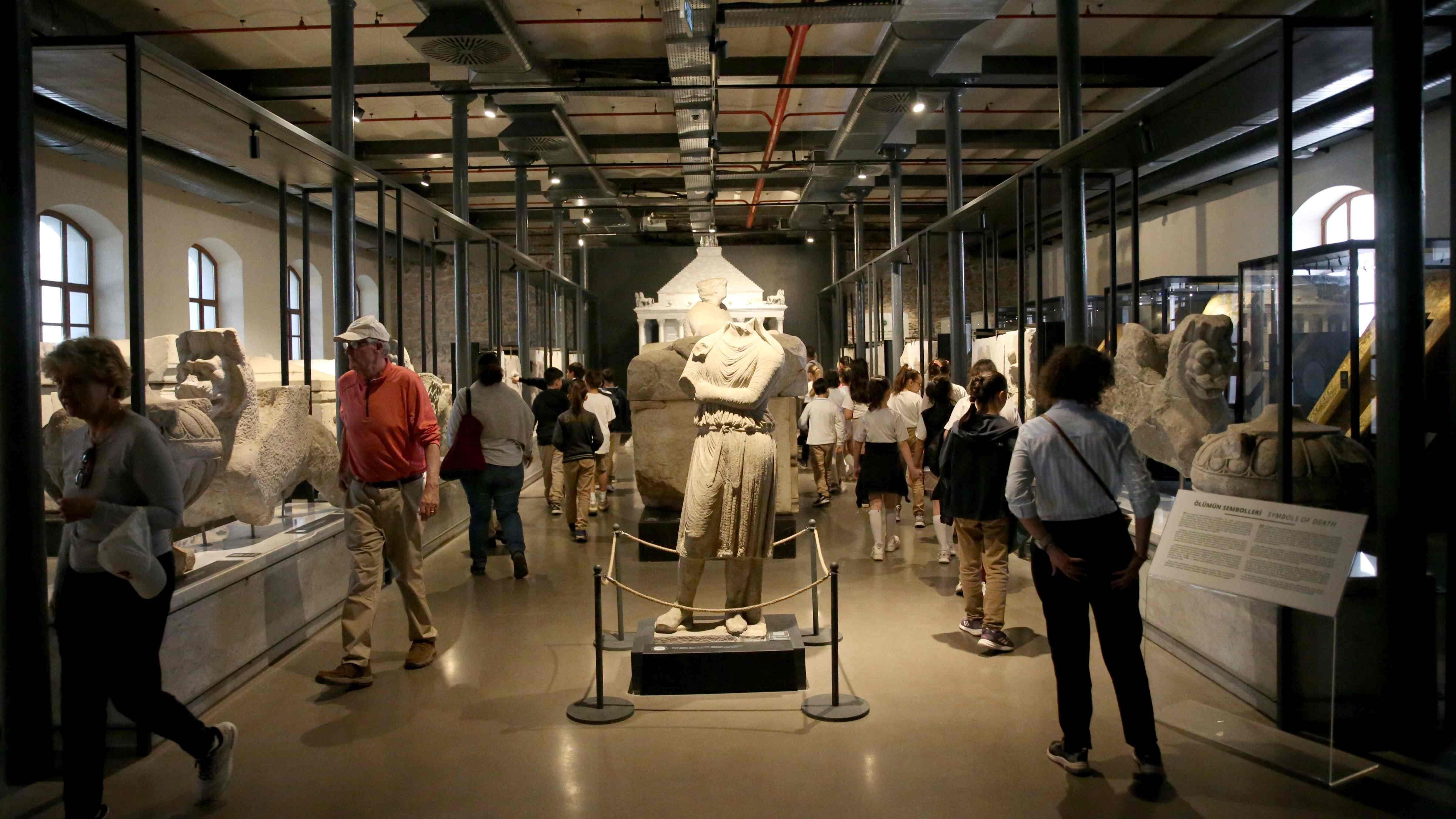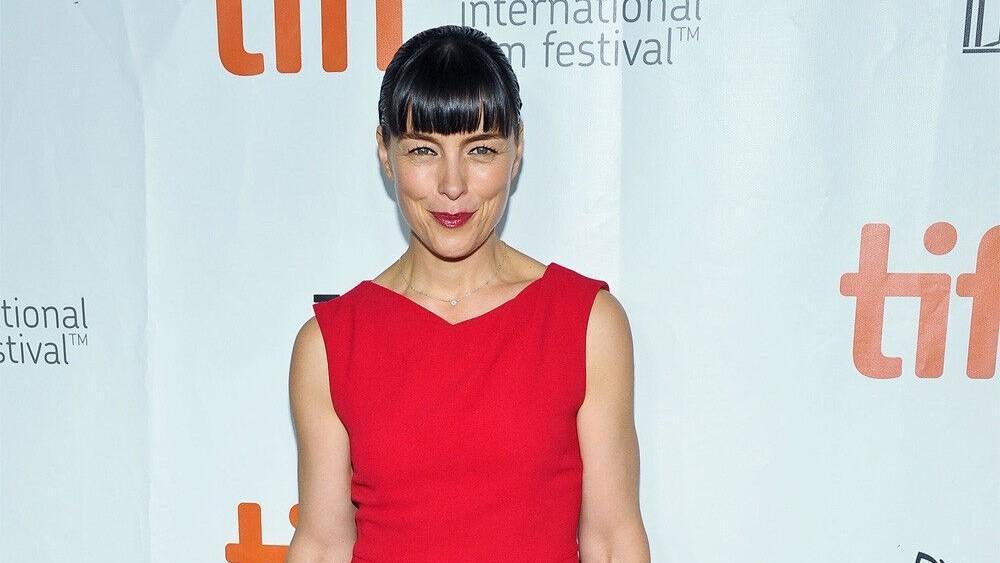On the shape of recovery
COVID-19 requires true leadership. Winston Churchill’s words come to mind: “Sometimes doing your best is not good enough. You must do what is required.” In the uncharted waters of the fight against coronavirus, that’s what we need to keep in mind.
We are now approaching the second stage of the fight, in which the public health dimensions of the crisis fade into the background, and the economic impact begins to hit us. Managing this second stage is where doing your best is not good enough. Measured projections and succinct planning are required, together with a more inclusive and local communication policy. The challenge is monumental.
As Turkey enters the second stage, it is preparing to open shopping malls and barbershops next week. I would expect that this isn’t just about opening shops, but about convincing millions of people to become consumers again. “You can lead a horse to water, but you can’t make him drink,” goes the saying. If you allow me an unflattering comparison, leadership is not just about controlling people physically, it is about putting them at ease. Without that kind of transparent and inclusive leadership, there is no V-shaped recovery, I’m afraid.
So, what would be the shape of economic recovery coming out of his COVID-19 pandemic? That’s the question everywhere. Reading the transcript of Bank of Canada governor Stephen Plosz’s remarks at Ivey Business School, in April 30, I was struck by how he compares the COVID-19 pandemic to a natural disaster, like an earthquake. He noted that economies usually recover rapidly after earthquakes, and data supports this claim, which is true. All this hinted at a V-shaped recovery. I disagree.
An earthquake, tsunami or any other natural disaster happens, and ends. The relief effort usually starts right after the event has finished taking place. There is usually no uncertainty about the event and how it happened, just the extent of the damage and the ability of relief efforts to save lives and property. The data shows that all that relief efforts with reconstruction lead to rapid recovery. Yet what we have here with COVID-19 is a process that has no sharp ending point and is unpredictable in nature. We can imagine that with things like a valid serology test to determine immunity, we could bring it under control. A vaccine could eventually bring about global immunity, but those prospects are far off and uncertain. For the time being, we have to find a way to live with COVID-19, which means social distancing in one form or another, which in turn means economic uncertainty.
So, what shape will this recovery be in? V is very optimistic, U a bit less so, and L very pessimistic. I suggest stepping out of the Latin alphabet. Have you seen the letter B in Arabic script? That’s what I expect the shape of the recovery process is going to be out of this muddy hole. An Arabic B is like a very elongated U at the bottom, mind you.
The only parameter to help us move from Arabic B to normal U is transparent, inclusive and effective leadership, and we are unlikely to see that anytime soon.












